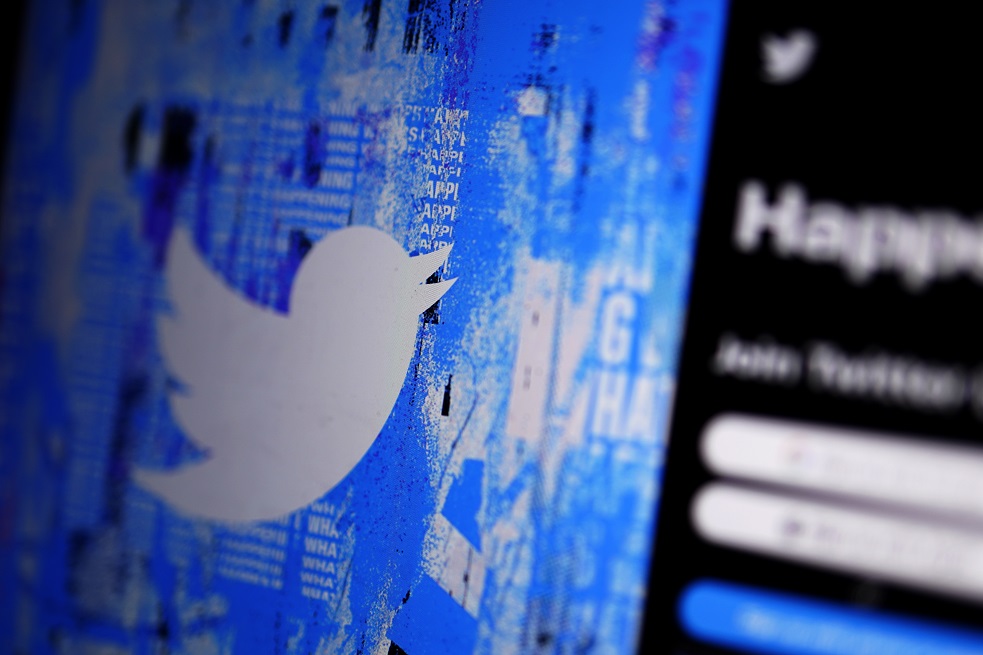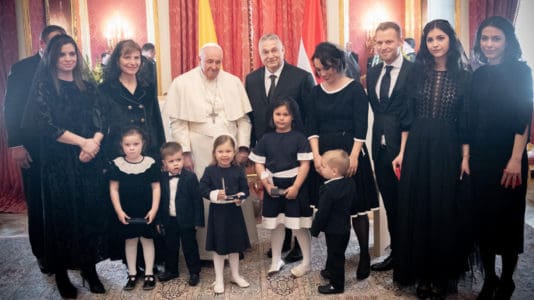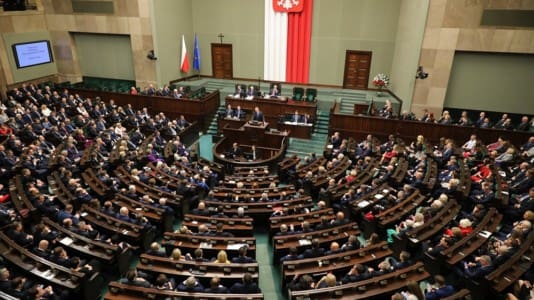Twitter will be banned from the European Union should it refuse to comply with the bloc’s “voluntary” code of practice regarding online disinformation, French digital minister, Jean-Noël Barrot, warned on Monday.
The U.S. social media giant pulled out of the agreement last week, according to Thierry Breton, the EU’s internal market commissioner, who said that Twitter can “run but can’t hide” from the European Union’s incoming legislation requiring social media platforms to do more to combat “hate speech” and disinformation.
From Aug. 25, the bloc’s Digital Services Act will require all social media sites with more than 45 million active users across the European Union — defined as very large online platforms or VLOPs — to comply with new rules.
Speaking to the France Info radio network, Barrot advised U.S. billionaire Elon Musk, who concluded his acquisition of Twitter in October last year, to ensure the site is compliant with EU regulations or risk being banned from operating on EU territory.
“I hope that Twitter can comply by August 25 with the new European rules that we have adopted, otherwise it will not be welcome in Europe,” the French digital minister told listeners.
[pp id=72573]
Many supporters of free speech claim Elon Musk’s Twitter takeover was a victory for democracy and open public discourse. The U.S. tech mogul has implemented several measures to combat the perceived rise in censorship taking place across several other social media sites, including less moderation, the reinstatement of previously suspended or shadow-banned accounts, and a revamp to how the site operates for content creators, introducing subscriptions and allowing users to purchase verified blue checks.
Critics believe the site has become more lax on hate speech and has fueled a more toxic environment, a claim wholly refuted by Musk last month in an interview with BBC correspondent James Clayton. In response to the allegation that there has been a rise in hateful content on the platform, Musk asked for a single example of hate speech, which Clayton was unable to provide.
“I say, sir, that you don’t know what you’re talking about,” Musk told the BBC journalist. “You cannot give me a single example of hateful content, not even one tweet. And yet you claimed that hateful content was high. That is false, you just lied,” he added.
The voluntary code of practice a majority of large social media platforms have agreed to sign up to is seen as a precursor to the mandatory Digital Services Act being introduced in August. Platforms that contravene the measures outlined in the legislation once in effect can be fined up to 6 percent of their annual revenue by the European Commission.






